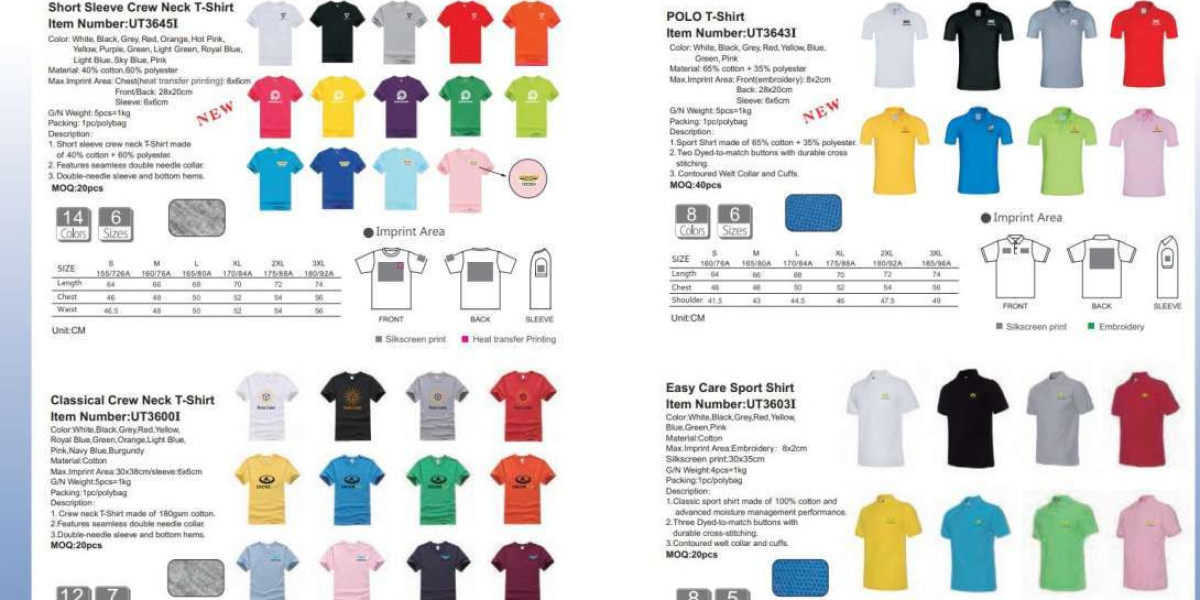The allure of branded clothing often comes with a hefty price tag. However, a burgeoning market for factory-rejected branded clothing offers a more affordable alternative without compromising on style. This guide aims to provide an in-depth understanding of factory-rejected branded clothing, why it exists, how to find it online, and what to watch out for when purchasing.
What is Factory-Rejected Branded Clothing?
Factory-rejected branded clothing refers to items that did not meet the stringent quality standards set by the brand. These rejections can occur due to minor imperfections such as slight misalignments in stitching, small stains, incorrect sizing, or color discrepancies. Despite these flaws, the clothing remains largely wearable and often, these imperfections are barely noticeable to the untrained eye.
Reasons for Rejection
- Minor Defects: Small issues like uneven stitching, incorrect thread color, or slight fabric defects.
- Sizing Errors: Variations in measurements that don’t meet the brand’s specified size chart.
- Color Variations: Differences in dye lots causing a slight color mismatch.
- Excess Production: Occasionally, brands produce more items than needed, leading to surplus stock that may be sold off at a discount.
Benefits of Buying Factory-Rejected Clothing
- Affordability: These items are typically sold at a fraction of the original retail price.
- Sustainability: Purchasing these clothes can help reduce waste and the environmental impact of fashion production.
- Access to High-End Brands: Consumers can access premium brands that might otherwise be out of their price range.
Where to Find Factory-Rejected Branded Clothing Online
Several platforms specialize in selling factory-rejected branded clothing online. Here are some popular options:
- Outlet Websites: Many brands have their own outlet sections or dedicated outlet websites where they sell overstock and factory-rejected items.
- Third-Party Retailers: Websites like Overstock.com, TJ Maxx, and Marshall’s often carry discounted branded clothing, including factory rejects.
- Online Marketplaces: Platforms such as eBay, Poshmark, and Depop allow individual sellers to list factory-rejected items.
- Flash Sale Sites: Websites like Zulily, Gilt, and Rue La La offer limited-time sales on a variety of branded clothing, including factory rejects.
Tips for Buying Factory-Rejected Clothing Online
- Research the Seller: Ensure that the seller is reputable. Look for reviews and ratings from other buyers.
- Understand the Return Policy: Given the nature of these items, return policies can vary. Make sure you understand the terms before purchasing.
- Inspect Photos Carefully: Sellers should provide clear, detailed photos of the actual item, highlighting any defects.
- Read Descriptions Thoroughly: Pay attention to the descriptions for details about the nature of the defect and the overall condition of the item.
- Size Up or Down Cautiously: Given that sizing issues are a common reason for rejection, consider the specific measurements provided by the seller rather than relying on standard size labels.
Common Concerns and Misconceptions
- Quality Issues: While factory-rejected items may have minor defects, they are often otherwise identical to full-price items in terms of fabric and construction quality.
- Authenticity: Concerns about counterfeit products are valid. Stick to reputable sellers and platforms to minimize the risk of purchasing fake items.
- Usability: Many worry that factory-rejected items will be unusable. However, most defects are minor and do not affect the overall functionality of the garment.
Pros and Cons of Factory-Rejected Branded Clothing
Pros
- Cost Savings: Significant discounts make branded clothing more accessible.
- Sustainable Choice: Buying these items helps reduce fashion waste.
- Unique Finds: Sometimes, the defects can add a unique character to the clothing.
Cons
- Limited Sizes and Styles: Availability may be limited to specific sizes or styles.
- Defects: Even minor, defects are present and should be considered.
- Inconsistent Quality: The nature of the defects can vary widely from one item to another.
Legal and Ethical Considerations
It’s essential to understand the legal and ethical landscape when buying factory-rejected branded clothing. Brands often allow the sale of these items through authorized channels but ensure you are not inadvertently supporting counterfeit markets. Ethical considerations also include supporting fair labor practices; buying from reputable sellers ensures that you are contributing to ethical business practices.
Conclusion
Factory-rejected branded clothing presents a viable option for consumers looking to balance quality and cost. By understanding what these items are, where to find them, and how to purchase them wisely, you can enjoy high-end fashion without the high-end price tag. Always conduct thorough research, scrutinize listings, and understand the seller’s policies to make informed and satisfying purchases. Embrace the imperfections, and you might just find that they add a unique touch to your wardrobe while saving money and supporting a more sustainable fashion industry.







